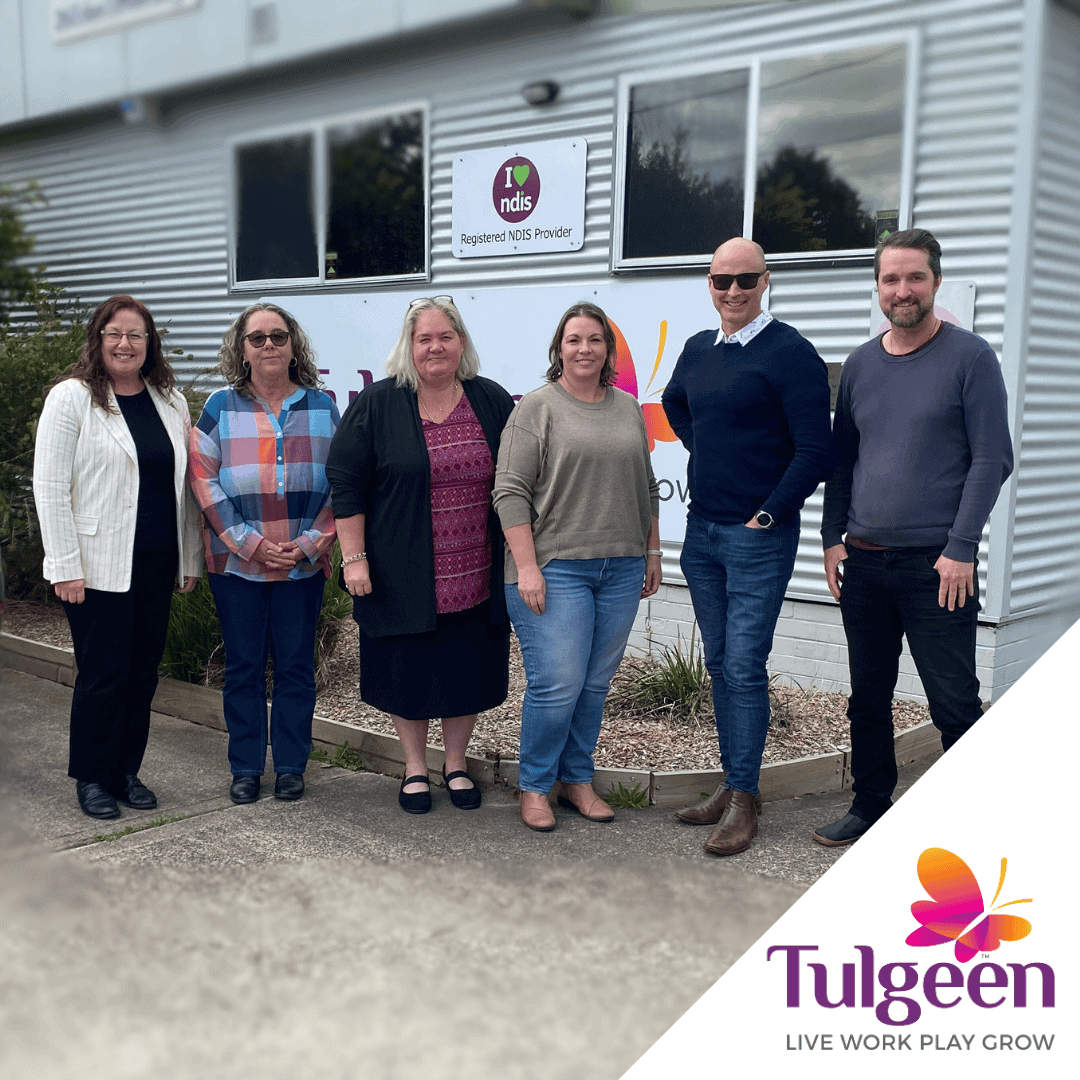At Tulgeen Disability Services, our mission is to support people with disabilities to live, work, play, and grow, underpinned by our core values of cohesiveness, commitment, respect, and unity. In light of the evolving landscape of the National Disability Insurance Scheme (NDIS), we were thrilled to host Jo Huxley from the National Disability Services (NDS) to share her valuable insights on the ongoing reforms and their implications for our community.
Background of the NDIS
The NDIS was introduced with the objective of providing individuals with disabilities the support needed to enhance their quality of life. Since its inception, the scheme has undergone various changes aimed at improving its structure and delivery. While the NDIS has significantly benefited many, it has also faced challenges, especially regarding administrative burdens and equity between registered and unregistered providers.
Current Reforms
In recent years, a series of reforms have been introduced to address these challenges. Bill Shorten, among other key stakeholders, is actively working on refining the NDIS to ensure it more effectively meets the needs of participants. These reforms include measures to provide greater choice and control to participants, efforts to stabilize the scheme, and initiatives to return it to its original intent of supporting individuals with permanent disabilities. Shorten aims to have several key reforms signed off before his term concludes, promising a more equitable and efficient system for all.
About the National Disability Services (NDS)
National Disability Services (NDS) is the peak body for non-government disability service organizations in Australia. With a rich history spanning over 70 years, NDS has been at the forefront of advocating for high-quality support and services for people with disabilities. They represent a diverse membership of service providers, championing their interests and working collaboratively with governments and communities to build a more inclusive society. NDS plays a crucial role in policy development, sector leadership, and capacity building, ensuring that the voices of service providers and the people they support are heard and acted upon.
Jo Huxley’s Visit to Tulgeen
Our Leadership team had the honour of hosting Jo Huxley, who plays a crucial role at NDS in representing and supporting disability service providers across Australia. During her visit, Jo discussed several important topics, including:
- Challenges for Registered NDIS Providers: Jo highlighted how the current structure is heavily slanted towards unregistered and unregulated providers, placing registered providers at a disadvantage.
- Administrative Burdens: The registration process involves significant administrative tasks, making it challenging for providers to operate efficiently. This burden often diverts resources away from direct support to participants.
- NDIS Plans Being Rolled Over: Jo brought attention to the issue of NDIS plans being rolled over without a meeting, which can leave participants without the tailored support they require.
- Move from Support Coordination to Navigators: Another significant discussion point was the proposed shift from Support Coordination to the new role of Navigators. This change aims to create a more streamlined and effective support system where Navigators, ideally with qualifications in allied health or social work, will replace today’s Support Coordinators and Local Area Coordinators (LACs). However, this transition has caused considerable uncertainty for existing Support Coordinators. Many support coordination companies are winding up their operations, concerned about the future viability of their services under the new system.
Despite these challenges, Jo expressed optimism about the reforms underway, which are looking positive and promising for the future. These changes aim to alleviate the administrative load on providers and ensure that participants receive more personalized and effective support.
Ramifications for the Sector
The ongoing reforms have significant implications for both providers and participants in the NDIS. For registered providers, the reforms aim to level the playing field, reducing administrative burdens and making the registration process more manageable. This will allow providers to focus more on delivering quality support.
For participants, the reforms promise improved tailorability and responsiveness of NDIS plans, empowering them to have greater control over their support and funding. The introduction of Navigators will provide participants with more specialized and consistent guidance, aligning with the original objectives of the NDIS and fostering a more inclusive and supportive environment. However, the transition from Support Coordination to Navigators also brings uncertainty for current Support Coordinators and their companies, prompting many to reconsider their future in the sector.
Conclusion
Jo Huxley’s visit underscored the importance of staying informed and adaptable in the face of change. At Tulgeen, we are committed to leveraging these insights to maintain the high standards of care and support our community deserves. A huge thank you to Jo for her time and expertise. By engaging with experts like Jo, Tulgeen continues to empower individuals with disabilities to live abundantly and realize their full potential. Together, we are building a sustainable and inclusive future for all.

